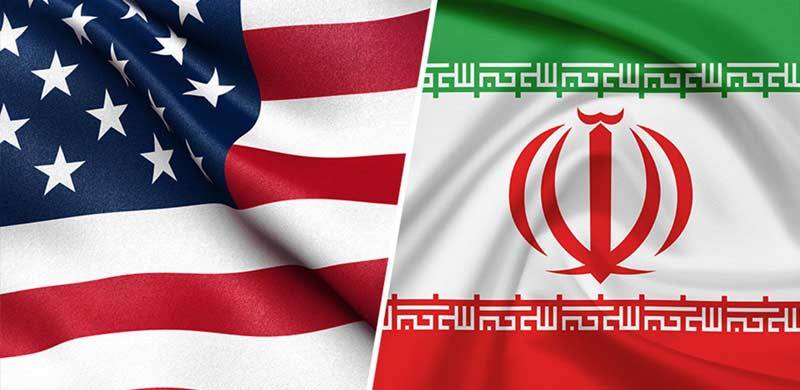
The revolutionary storm of 1979 enabled an anti-American regime to came to power in the only country which did not have any tie to American-funded programs. Otherwise history shows the accomplishments of American diplomacy in all the Middle East starting from the Barbary Wars to pitting Israel against Soviet-backed Arab states, from partnering with the UK in the Persian Gulf for smooth flow of oil to invading Iraq, Libya and so on. Interestingly if we search through history for the foreign power which the United states feared the most, it won’t be Russia – which was an arch-enemy, then a friend and finally a challenging nuisance. It won’t also be China which transformed as a sometime partner to great power rival. Neither it would be North Korea, which would appear as a side shadow. Instead that power is likely to be Iran, which the United States’ administrations have always looked down as a hostile and dangerous power since 1979.
However the Trump administration's posture seems vague to the extent that it can hardly bear it’s own latest decisions. After making statements of pulling out troops from Syria in December 2018 to deploying more troops just after six months to counter Iran’s policies – there has been one radical shift after another by the Trump administration.
In short, Trump has made the United States the most capricious state actor today.
Previous United States administrators and policymakers had grounded hostility against Iran with periodic attempts at outreach and lobbying with Israel and most importantly aligning with Saudi Arabia. The most recent situation created after the assassination of Iranian general Qasem Soleimani has put both the competing Middle Eastern states yet more at loggerheads with each other.
The parabolic “pressure exerting” policies being deployed by the Trump administration might put America into a dangerous corner, since they are making its geopolitical position untenable and relations with its allies weak.
Foreign relations are not a WWE ring where you can knock your opponent around in the theatrical style that President Trump is accustomed to.
The world needs to present the United States of America with a critical look at all its aggressive and foolish decisions throughout history – and their consequences. Trump justified his decision of assassinating Gen Qasem Soleimani in a drone attack by claiming that it was meant to end conflict preemptively. But to end a war, it is necessary to end the beginnings of all wars: the brutal, inhuman and thoroughly impractical methods which the United States has used not only in the Middle East but also in other regions.
The US would do well to pay heed to Malala Yousafzai’s words:
“If you want to end war, then instead of sending guns, send books. Instead of sending tanks, send pens. Instead of sending soldiers, send teachers.”
The writer is a journalist based in Islamabad, Pakistan
However the Trump administration's posture seems vague to the extent that it can hardly bear it’s own latest decisions. After making statements of pulling out troops from Syria in December 2018 to deploying more troops just after six months to counter Iran’s policies – there has been one radical shift after another by the Trump administration.
In short, Trump has made the United States the most capricious state actor today.
Previous United States administrators and policymakers had grounded hostility against Iran with periodic attempts at outreach and lobbying with Israel and most importantly aligning with Saudi Arabia. The most recent situation created after the assassination of Iranian general Qasem Soleimani has put both the competing Middle Eastern states yet more at loggerheads with each other.
The parabolic “pressure exerting” policies being deployed by the Trump administration might put America into a dangerous corner, since they are making its geopolitical position untenable and relations with its allies weak.
Foreign relations are not a WWE ring where you can knock your opponent around in the theatrical style that President Trump is accustomed to.
The world needs to present the United States of America with a critical look at all its aggressive and foolish decisions throughout history – and their consequences. Trump justified his decision of assassinating Gen Qasem Soleimani in a drone attack by claiming that it was meant to end conflict preemptively. But to end a war, it is necessary to end the beginnings of all wars: the brutal, inhuman and thoroughly impractical methods which the United States has used not only in the Middle East but also in other regions.
The US would do well to pay heed to Malala Yousafzai’s words:
“If you want to end war, then instead of sending guns, send books. Instead of sending tanks, send pens. Instead of sending soldiers, send teachers.”
The writer is a journalist based in Islamabad, Pakistan
